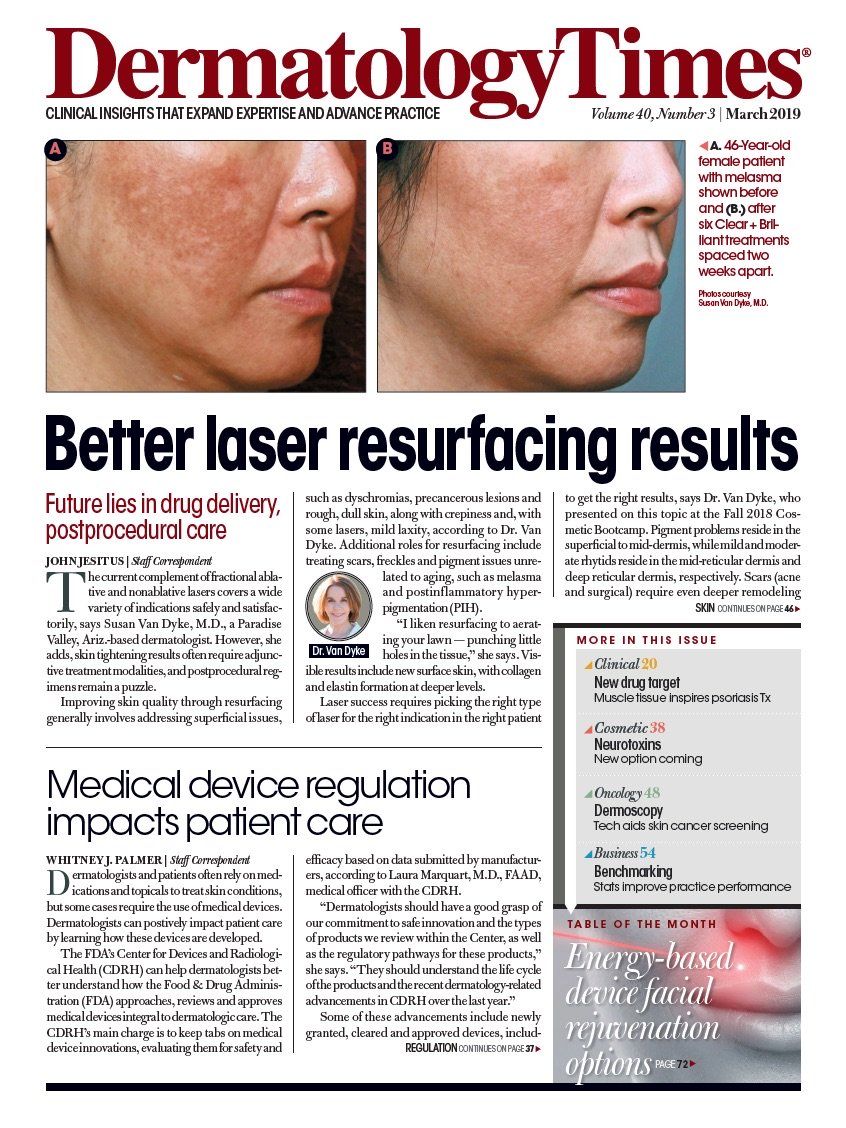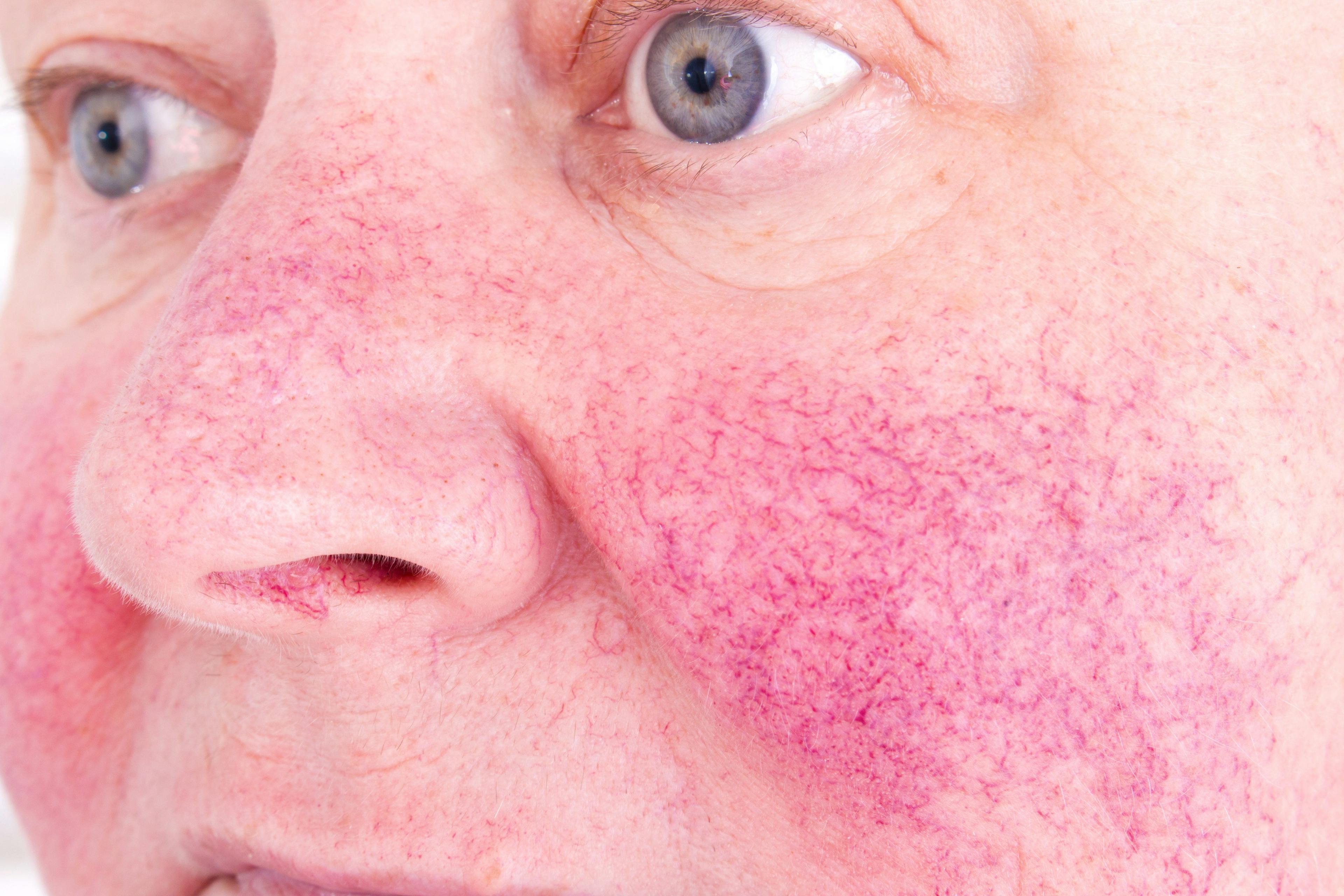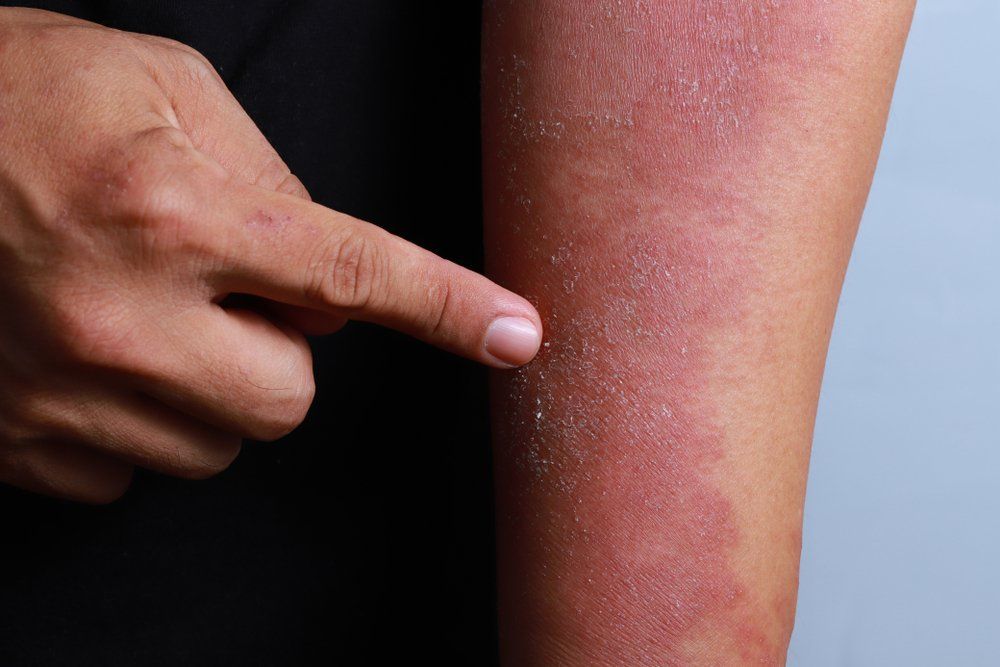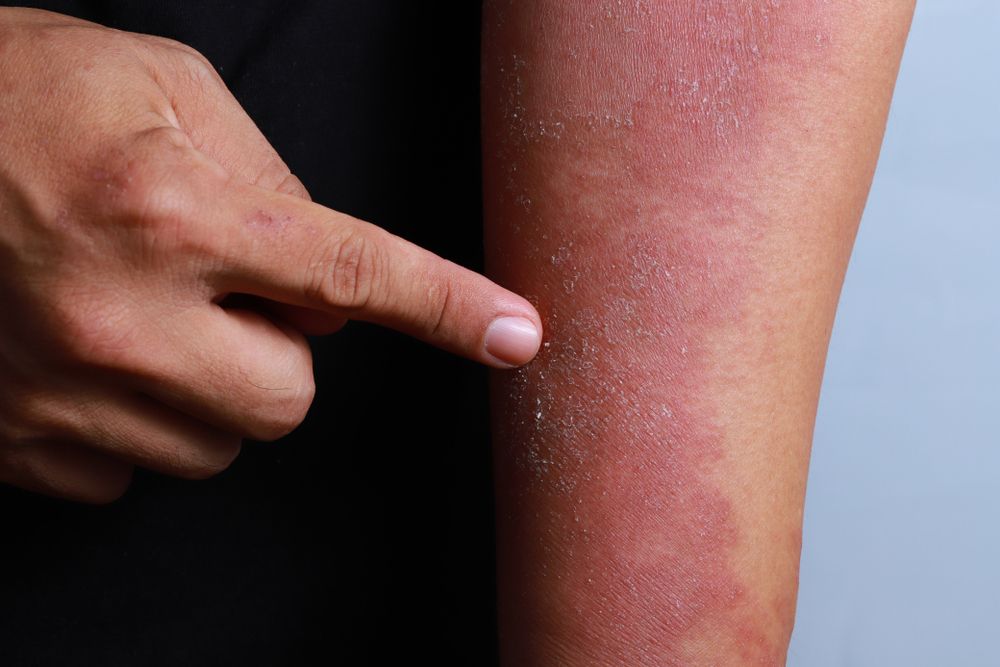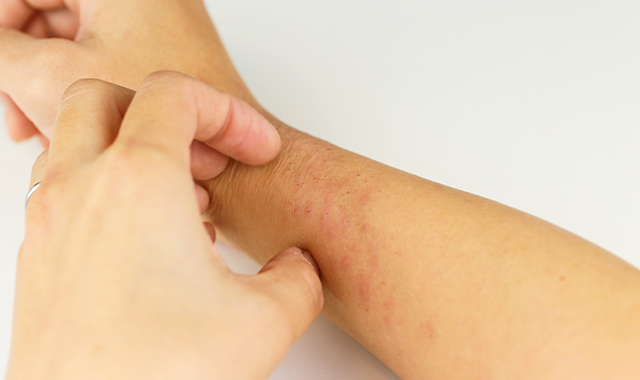- Acne
- Actinic Keratosis
- Aesthetics
- Alopecia
- Atopic Dermatitis
- Buy-and-Bill
- COVID-19
- Case-Based Roundtable
- Chronic Hand Eczema
- Drug Watch
- Eczema
- General Dermatology
- Hidradenitis Suppurativa
- Melasma
- NP and PA
- Pediatric Dermatology
- Pigmentary Disorders
- Practice Management
- Precision Medicine and Biologics
- Prurigo Nodularis
- Psoriasis
- Psoriatic Arthritis
- Rare Disease
- Rosacea
- Skin Cancer
- Vitiligo
- Wound Care
Publication
Article
Dermatology Times
Heart disease risk high in atopic eczema
Author(s):
Observational study shows high heart disease risk in severe and predominantly active atopic eczema.
Adults with severe and predominately active atopic eczema are at higher risk for cardiovascular disease outcomes, including myocardial infarction, stroke and death, compared to adults without eczema, shows an observational population-based study published May 23 in the journal BMJ.
Results from studies assessing links between atopic eczema and cardiovascular outcomes have been mixed. But there’s increasing evidence that systemic inflammation associated with atopic eczema might increase cardiovascular disease risk. And, given that up to 10 percent of adults worldwide are affected by eczema, it’s important from a public health perspective to understand even a small uptick in cardiovascular risk among these patients, write authors who were led by Sinead Langan, Ph.D., of the London School of Hygiene and Tropical Medicine in London.
“We found higher risks of cardiovascular disease than expected among eczema patients relative to people without eczema, as well as consistent findings across the cardiovascular outcomes when assessing severe and persistently active eczema. If these results are robustly replicated, it would support targeted screening and a focus on primary prevention strategies to reduce cardiovascular disease among such patients,” wrote Dr. Langan and Richard Silverwood, Ph.D., the study’s first author.
The authors compared the medical records of 387,439 adults (mean age 43 years, 66% female) with atopic eczema to 1,528,477 matched controls.
They found that patients with severe atopic eczema had a 20% increased stroke risk; 40-50% heightened risk of unstable angina, myocardial infarction, atrial fibrillation and cardiovascular death; and, 70% increased heart failure risk.
Patients were classified as having moderate disease if they received at least two potent topical corticosteroid prescriptions in a single year or topical calcineurin inhibitor treatment. The authors defined severe disease in those who had received phototherapy, systemic immunomodulator therapies or a referral from their primary care provider for atopic eczema.
In a median follow-up of 5.1 years, they found adults with eczema were 10-20% more likely to experience non-fatal myocardial infarction, unstable angina, heart failure, atrial fibrillation or stroke than adults free of eczema.
The moderately increased risk of non-fatal cardiovascular outcomes had a dose-response relationship with atopic eczema severity and cumulated activity.
Whereas previous studies have identified positive associations between severe atopic eczema and cardiovascular outcomes, mild eczema appears to have a slightly protective or neutral impact on cardiovascular outcomes, the authors wrote.
“This may suggest a dose-response effect, an alternative pathogenesis underlying mild compared with severe conditions, the effect of systemic therapies used to treat severe forms of atopic eczema or misclassification bias owing to the way in which patients with atopic eczema were classified,” they write.
This is one of the few longitudinal studies to have adjusted for traditional cardiovascular risk factors, including body mass index, smoking and alcohol consumption. One of the limitations is that it’s an observational study.
An important next step would be to develop prevention strategies aimed at building awareness and reducing cardiovascular disease risk among those with severe and very active atopic eczema, according to the authors.
In an accompanying editorial, John R. Ingram, D.M., of Cardiff University in the United Kingdom writes that eczema has joined the growing list of inflammatory conditions, including severe psoriasis, linked to cardiovascular risk.
“For patients with severe or more active eczema, the evidence from the study by Silverwood and colleagues makes the case for targeted screening of standard [cardiovascular] disease risk factors. We may need to rethink thresholds for primary prevention interventions in this patient group by factoring in severe eczema as an independent [cardiovascular] disease risk factor,” Dr. Ingram writes.
References:
Silverwood Richard J, Forbes Harriet J, Abuabara Katrina, Ascott Anna, et al. “Severe and predominantly active atopic eczema in adulthood and long-term risk of cardiovascular disease: Population-based cohort study.”BMJ. May 23, 2018. DOI:https://doi.org/10.1136/bmj.k1786
Ingram John R. “Atopic eczema and cardiovascular disease.”BMJ. May 23, 2018. DOI:https://doi.org/10.1136/bmj.k2064
Sinead Langan and Richard Silverwood. “Severe eczema and increased risk of cardiovascular problems.”BMJ. May 23, 2018.
